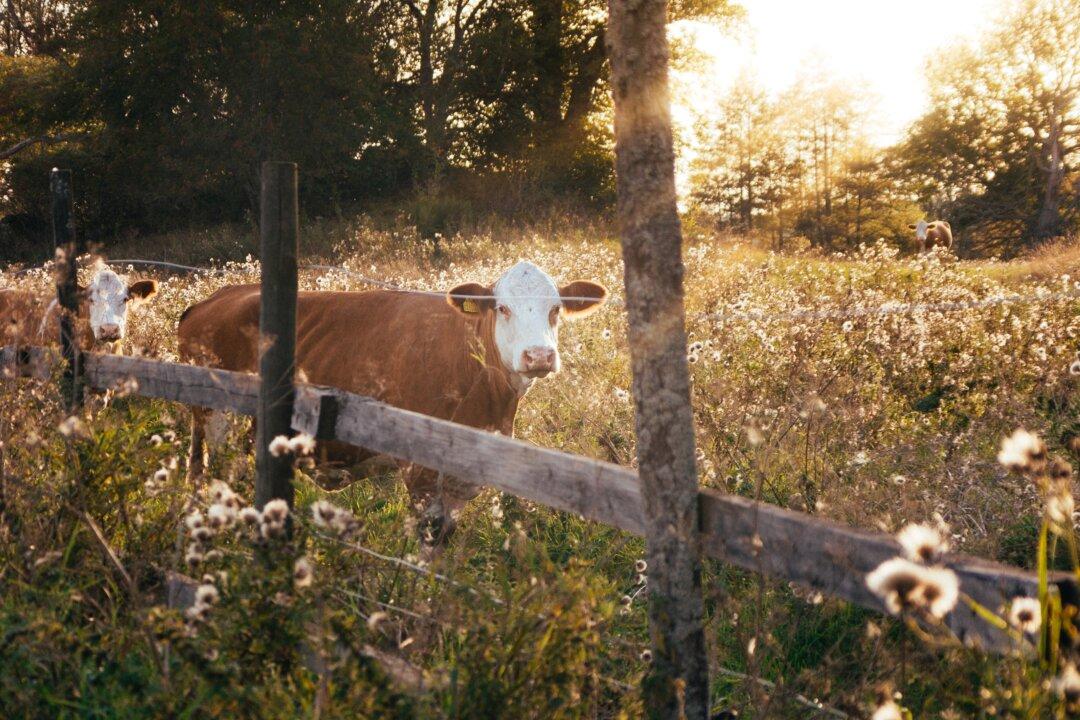One of the most unlikely poems of the modernist period is that by Robert Frost: “The Pasture.” It is unlikely for many reasons. First, it seems more like a Romantic lyric (that is, 100 years too late) because of its rural depiction and its simple, formal diction. Second, its tone is gentle and polite, a rarity among the modernists. And third, it does not ostentatiously break with tradition.
Structurally the poem is two quatrains, the rhyme scheme is abbc deec, and for such a small poem, it’s surprising how much repetition there is. The opening lines of the two quatrains begin the same, and the ending lines are exactly the same.

